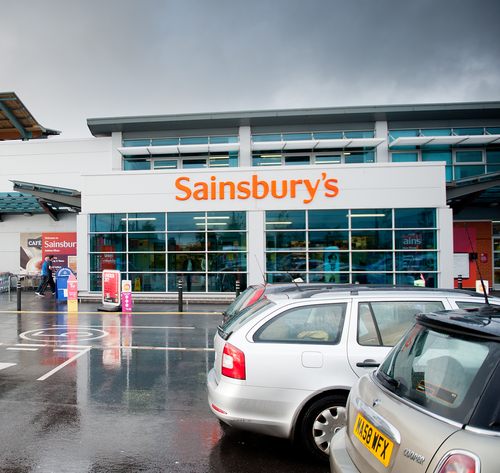Experienced Investor
Sainsbury’s first loss for a decade: analysts react

Sainsbury’s has reported a pre-tax loss of £72m for the year ending 14 March, its first annual loss in ten years.
The supermarket’s slump comes amid falling sales and property writedowns, and compares with a profit of £898m last year. However, the loss pales into insignificance when compared with the losses recently recorded by competitors Tesco and Morrisons – £6.4bn and £792m respectively, with Tesco’s loss one of the largest in UK history.
“The UK marketplace is changing faster than at any time in the past 30 years which has impacted our profits, like-for-like sales and market share,” said Mike Coupe, Sainsbury’s chief executive.
“However, we are making good progress with our strategy, and our investment in price and quality is showing encouraging early signs of volume and transaction growth.”
In the past year, the annual dividend has been reduced by almost a quarter (24 per cent), and capital expenditure has been cut in half (to £500m for the year ahead). £150m has been committed to lowering prices this year so far.
Following the release of the results, shares in Sainsbury’s dipped by 5.90 to 269.10p.
Commenting, Sheridan Admans of The Share Centre attributed Sainsbury’s losses to price cuts squeezing margins. “Mike Coupe’s plans to invest £150m in further price cuts is likely to result in like-for-like sales remaining negative in the short-term.”
However, Admans also said that the “rapidly changing landscape for grocers” would be good for shoppers in the long-term “as the big four will do what it takes to remain competitive.” He recommended Sainsbury’s as a “buy” for “contrarian investors”, due to its continuing advantages over discount rivals such as Aldi and Lidl.
Keith Bowman of Hargreaves Lansdown noted that key financial metrics, including dividend payments, had all been reduced, and that like-for-like or same store sales for the financial year ahead are expected to decline further, while the strength of the company’s balance sheet will remain an ongoing company focus.
Despite noting that other arenas such as convenience stores and online services were providing some growth compensation, and that “the group’s differentiated product offering, management initiatives and still attractive dividend payment” were positive features, Bowman says that “near-term prospects for both falling sales and profitability” mean that “the current consensus analyst opinion of a sell unlikely to change.”